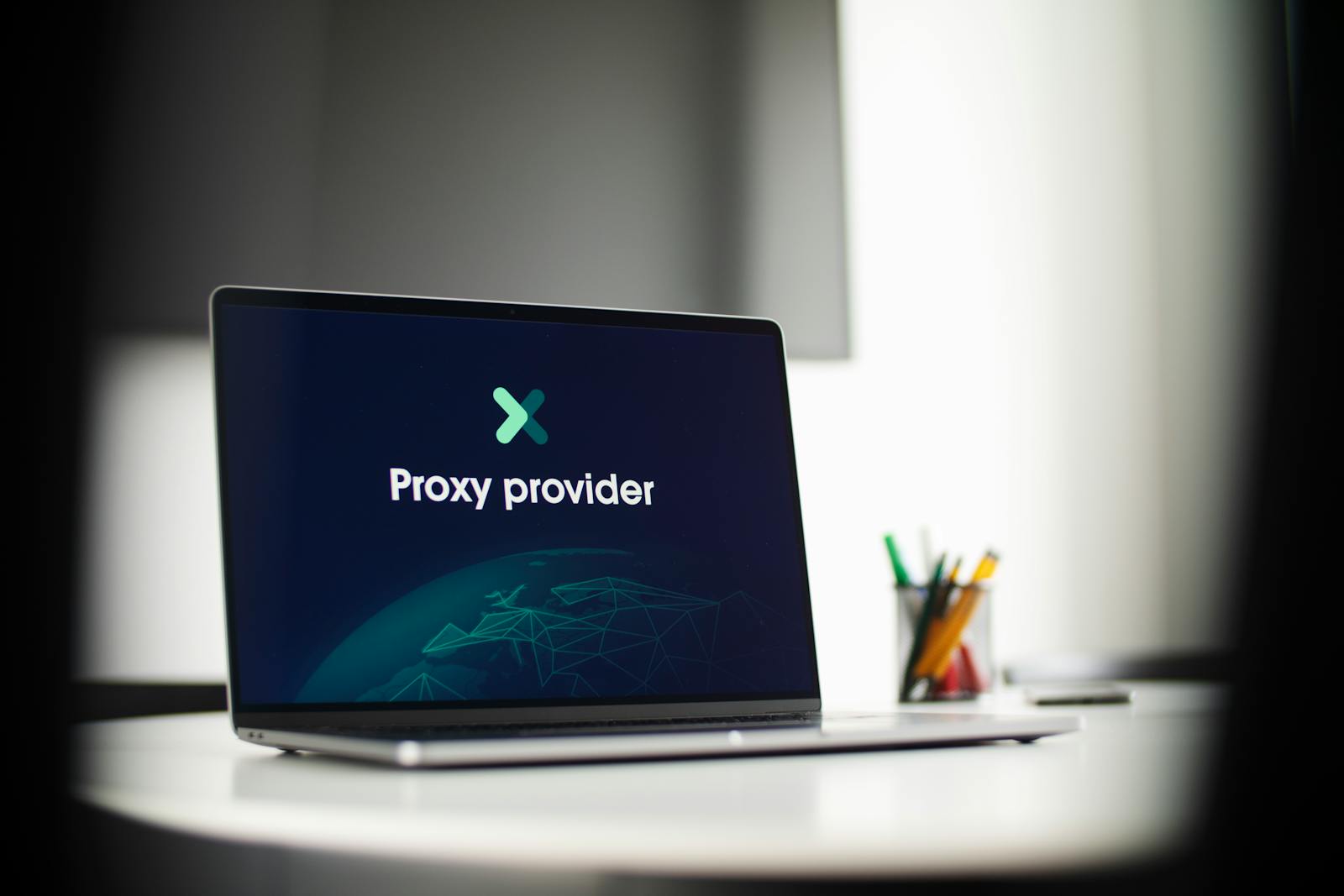In a world where data breaches, surveillance, and AI threats dominate headlines, choosing the right VPN isn’t just a tech decision anymore it’s a survival strategy. With artificial intelligence redefining how both security and cybercrime operate, 2025 isn’t the year to settle for an outdated VPN. You need one that’s not just smart, but AI-smart.
So, how do you pick the best AI-powered VPN in 2025 without getting trapped in marketing hype or sacrificing your internet speed? This guide breaks it all down.
Why You Need an AI-Powered VPN in 2025
Traditional VPNs still hide your IP and encrypt your traffic, but in 2025, threats are faster, sneakier, and often driven by AI themselves. From deepfake phishing attacks to adaptive malware, static protection isn’t enough. Here’s why AI is a game-changer:
- Real-time threat detection: AI-powered VPNs detect suspicious activity (like DNS leaks or phishing redirects) and block them instantly.
- Smarter server routing: AI automatically chooses the fastest, safest server based on your location and network conditions.
- Dynamic kill-switch triggers: AI can detect unusual app behavior and auto-disconnect suspicious traffic.
“In 2025, AI isn’t just a luxury feature in a VPN. It’s your only defense against automated cybercrime.” Rachel McCoy, Cybersecurity Analyst, London
Core Factors to Evaluate When Choosing an AI VPN
1. Speed Optimization (without sacrificing privacy)
One of the biggest trade-offs with VPNs has always been speed. But AI now makes it possible to bypass slowdowns without compromising encryption. Here’s what to check:
- AI-based server selection: Look for providers using machine learning to route you to the best-performing server.
- Load balancing: Does the VPN intelligently distribute traffic during peak hours?
- Edge AI routing: Some premium VPNs like NordLayer AI now use edge computing and AI to reduce latency.
| VPN Feature | With AI Optimization | Without AI |
|---|---|---|
| Server Selection | Real-time, location-based | Manual or static |
| Speed Stability | High, even during peaks | Variable |
| Latency (UK/US) | 10-25 ms (avg) | 40-60 ms (avg) |
2. Privacy & Zero-Logging (Still Matters More Than Ever)
AI can protect you, but it can also be used to track and profile users. So your VPN’s privacy policy is more crucial than ever.
- Zero-logging AI policy: Ensure their AI models don’t collect or store personally identifiable data.
- Independent audits: Look for companies that undergo regular third-party audits (like Proton VPN).
- Jurisdiction: Avoid VPNs headquartered in Five Eyes countries (US, UK, Canada, Australia, NZ) unless transparency reports are crystal clear.
Tip: Always read the machine learning section in the VPN’s privacy policy. If it’s missing—run.
3. Threat Detection and Real-Time Defense
This is where AI truly shines. Top AI VPNs use neural networks to detect and prevent:
- Phishing pages
- Malware-hosting domains
- DNS poisoning
- Deepfake impersonation (especially over VoIP)
Real-World Example: In February 2025, a US-based finance firm using Atlas AI VPN avoided a massive phishing campaign. Their AI system auto-blocked links embedded with invisible trackers.
4. Ease of Use (Because AI Should Simplify, Not Complicate)
AI-powered doesn’t mean you need to be a tech wizard.
- Auto-config: Look for apps that auto-detect optimal settings based on your device type.
- Real-time alerts: If AI detects a breach or threat, does it inform you with context?
- User interface: Simplicity with advanced control for pros is the sweet spot.
Top Pick: Surfshark Nexus AI is a crowd favorite in 2025 for its clean UI and one-click smart optimization.
5. Streaming, Gaming, and Torrenting (Still Important)
If you use your VPN for Netflix US, BBC iPlayer, or Call of Duty servers, AI can actually make the experience better:
- Geo-bypass accuracy: AI can detect and mimic local DNS better than traditional spoofing.
- Dynamic bandwidth management: Ensures smooth gaming without packet loss.
- P2P Shield: Some VPNs now use AI to flag fake torrent peers and remove them from your swarm.
What to Avoid in 2025’s VPN Market
Even though AI is a selling point, some services just slap it on without any real functionality. Be wary of:
- Buzzword overload: “AI-enhanced encryption” with no actual use-case
- No audit trail: If they can’t show how their AI is trained or audited, it may be unsafe
- Too-good-to-be-true lifetime deals: Especially those from unknown vendors
Red Flag: If the website says “military-grade AI protection” and nothing else—that’s marketing, not tech.
Top 3 AI-Powered VPNs in 2025 (US/UK Edition)
| VPN Name | Key Feature | Starting Price (Monthly) | Location |
| NordLayer AI | Adaptive routing + smart firewall | $6.95 | Switzerland |
| Surfshark Nexus AI | One-click AI optimization | $3.99 | Netherlands |
| Proton VPN Sentinel | Deep learning threat detection | $4.99 | Switzerland |
These VPNs are consistently recommended by security pros, Reddit users, and even UK-based ethical hackers.
Bonus: AI VPNs vs Traditional VPNs (Quick Comparison)
| Feature | AI-Powered VPN (2025) | Traditional VPN |
| Server Optimization | Real-time via ML | Manual or fixed list |
| Threat Detection | Instant AI-based alerts | Delayed, static lists |
| Data Logging Transparency | Usually audited | Varies widely |
| Speed During Peak Hours | Stable | Often laggy |
Final Thoughts: Smart Protection for a Smarter Threat Landscape
AI is no longer the future it’s the battlefield. Cybercriminals are already using AI to mimic you, track you, and even guess your passwords. Choosing a VPN in 2025 isn’t just about unblocking Netflix or hiding your IP. It’s about staying ahead of invisible, intelligent threats.
So here’s the key: Don’t go for the most popular VPN. Go for the smartest one.



